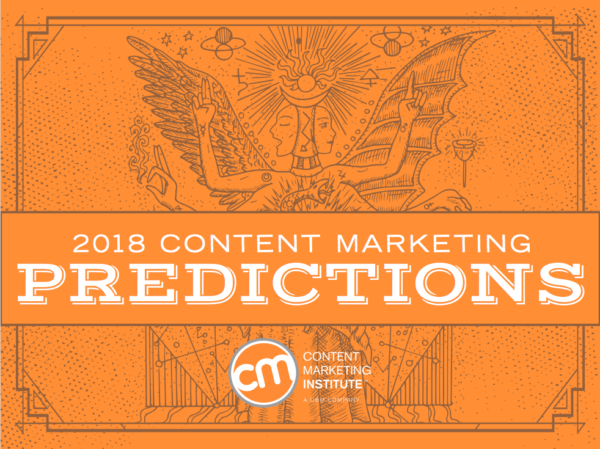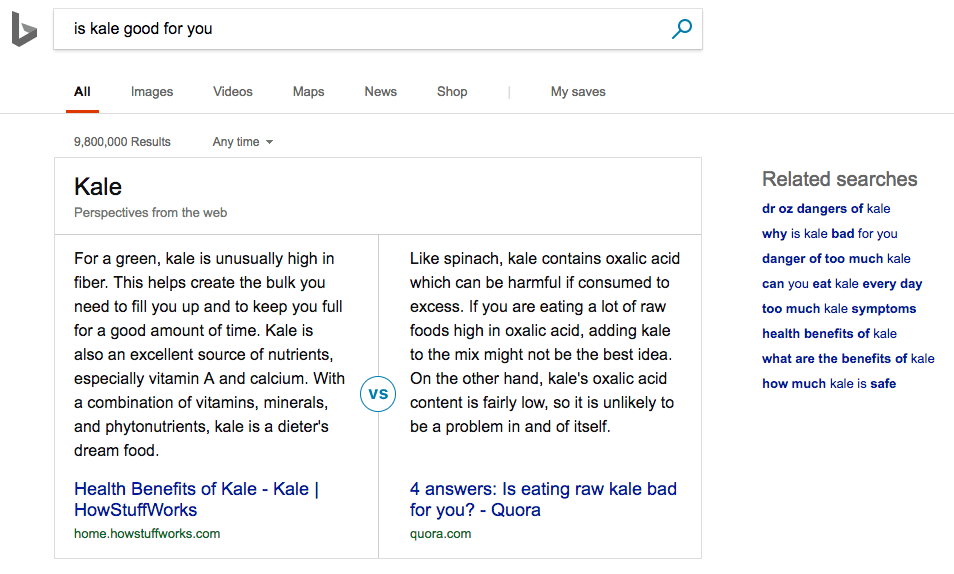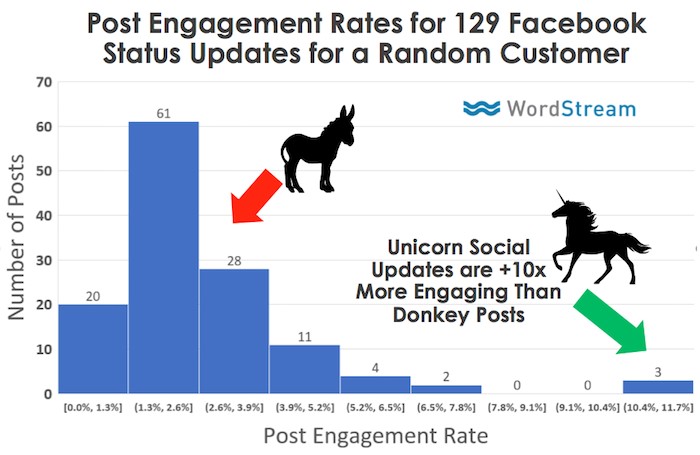With the holidays just around the corner, you may not have time to keep up with all of the latest news in digital marketing. That’s OK, though, because we have you covered.
The Content Marketing Weekly is our carefully curated selection of each week’s major content marketing developments. In this edition, we take a look at the biggest 2017 SEO trends, expert predictions on what’s in store for 2018, a pretty cool new Bing update and some well-deserved validation for cross-channel messaging.
This news isn’t getting any fresher, so let’s dive in:

7 SEO Trends That Dominated 2017
‘Tis the season for end-of-year lists, and that’s not limited to the best albums, TV shows or movies. In the constantly shifting world of SEO, year-end retrospectives can shine a light on the most important developments of the last 12 months and help marketers make last-minute adjustments to keep up with the rest of the industry and start the year on a strong footing.
Forbes contributor Jayson DeMers listed some of the major trends that shaped 2017, including:
- The growing importance of mobile optimization: Google continues to reward sites that have been designed with mobile visitors in mind – using accelerated mobile pages to decrease page load times on smartphones and other devices.
- The emergence of voice search and the IoT: With virtual digital assistants like Alexa, Siri and Cortana becoming mainstays in the home, it was only a matter time before the digital marketing industry tapped into the new realm of voice search. Efforts to incorporate speech recognition into search engine platforms are already well underway. Meanwhile, although the Internet of Things hasn’t conquered the world just yet, the IoT is beginning to surface in everyday life. This will undoubtedly be another touch point for marketers to consider in the future.
- Google’s algorithms focus on context more than ever: As Google’s algorithms evolve, growing more sophisticated and focused on context, the notion of any content marketing “quick fix” becomes even more outdated. Keywords continue to be important in SEO, but successful strategies were far more nuanced in 2017, serving high-quality, targeted content rather than gaming the system.
Are You Ready for Content Marketing in 2018? 60+ Predictions
If you want a glimpse into the future, you won’t find any predictions much bolder than what Joe Pulizzi has cooking up over at the Content Marketing Institute. Just take a look at some of his more brazen claims of what’s to come over the next 12 months:
- Two or more Fortune 500 companies will bring in media and publishing veterans to serve as their Chief Marketing Officers.
- At least one Fortune 100 company will successfully turn its marketing department into a true profit center.
- Perhaps his most outlandish prediction: Apple will acquire Disney. To be fair, he gave himself some wiggle room on the exact timeframe, but if he’s right, that’s a heck of a call.

And there are 60 or so more where that came from. Will any of these predictions come to pass? We’ll see, but there’s one thing for sure – 2018 is going to be a banner year for digital marketing.
Messaging Matters — but Cross-Channel Messaging Really Moves the Needle
We all know having a unified, coherent brand message across every channel is important, but who knew it could be this effective? According to a new study from Digital Marketing Depot, a good cross-channel strategy can improve engagement by as much as 800 percent! That’s one spicy meatball, as we say in the content marketing game.
How are companies achieving this level of success? By tearing down the silos separating their different marketing strategies and treating engagement in a more holistic fashion. To see what combinations of in-app messages, push notifications, email and other mobile channels tend to work best, check out the full report.
Bing Announces AI-powered New ‘Intelligent Search’ Features
Google dominates so much of the SEO and content marketing conversation that it’s easy to overlook some of the other search engines out there. But the team over at Bing has done some pretty incredible work with artificial intelligence and machine learning recently, and even in a Google-centric world, we should all pay attention to those advancements.
One of the more impressive use cases for AI-driven search engine results is in cases when there are competing perspectives on a specific question. For example, as this Search Engine Land article highlighted, the seemingly straightforward query, “Is kale good for you?” could have a pretty nuanced answer. Bing’s search results present two views on the matter: Kale is a nutrient-rich miracle food that is a dieter’s best friend or that its relatively modest oxalic acid content could be harmful to one’s health if eaten in excess.

That’s a pretty killer edge to have in the search engine battle – wonder how long until Google implements their own version of Bing’s “Perspectives” feature?
Why Your Definition of Quality Content Is Wrong
It’s no secret that content quality trumps quantity when it comes to Google rankings, but isn’t the concept of “quality” a bit subjective? After all, one man’s trash is another man’s treasure. How else do you explain the continuing popularity of Imagine Dragons?
If you’ve ever wondered what exactly distinguishes high-quality content from the rest of the pack, Larry Kim has some thoughts on that over at Search Engine Journal. Some of his conclusions may leave you saying, “Yeah, no duh,” but he makes a strong argument for not getting too caught up in the specific traits of quality content. Rather, good content shows results. Period.

If your painstakingly crafted blog, video or landing page isn’t showing the engagement metrics you expect, then maybe it’s just not as good as you think it is. Food for thought, anyway.
Well, that’s it for this week, but stay tuned after the holidays when we’ll roll out the last content marketing roundup of the year.





